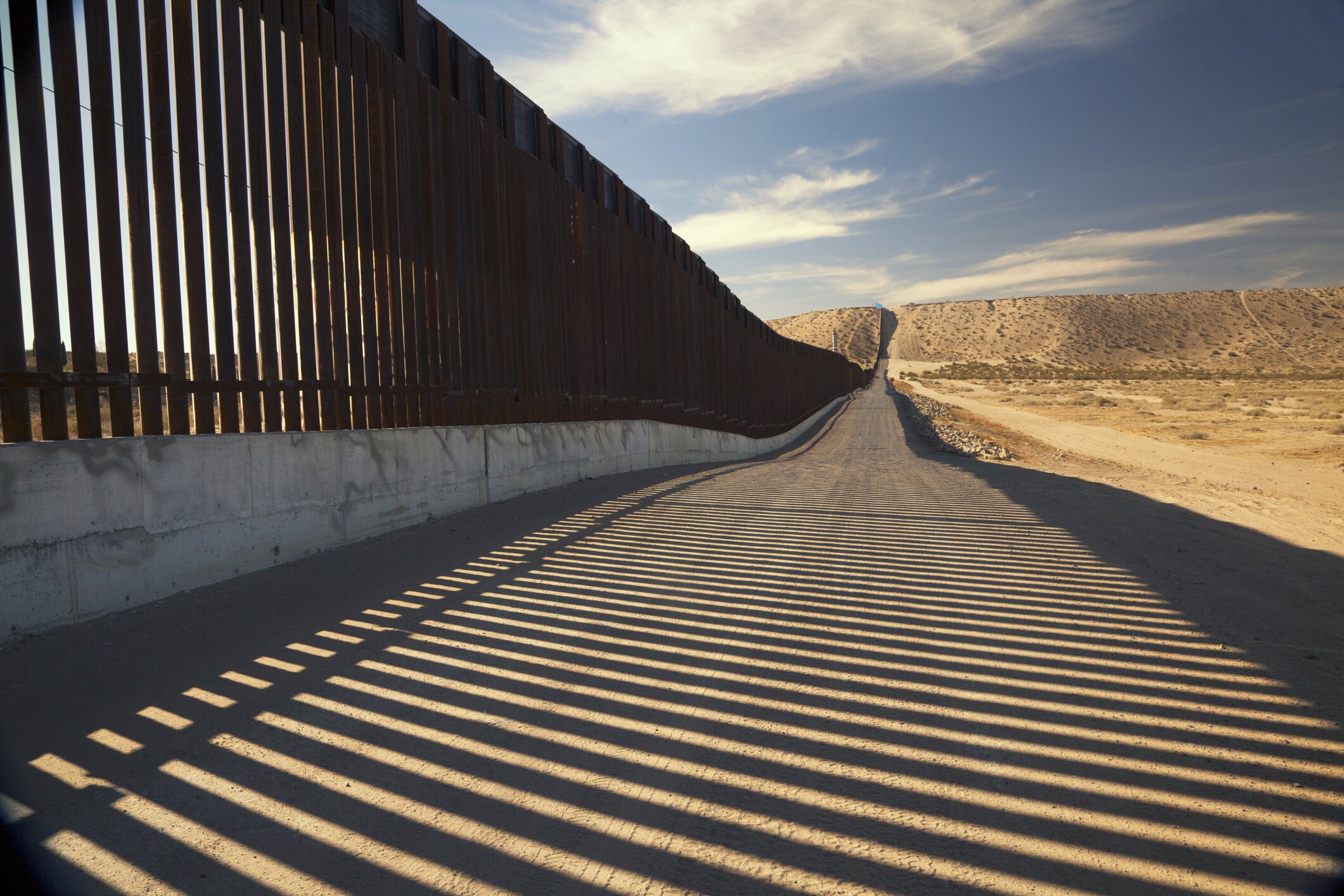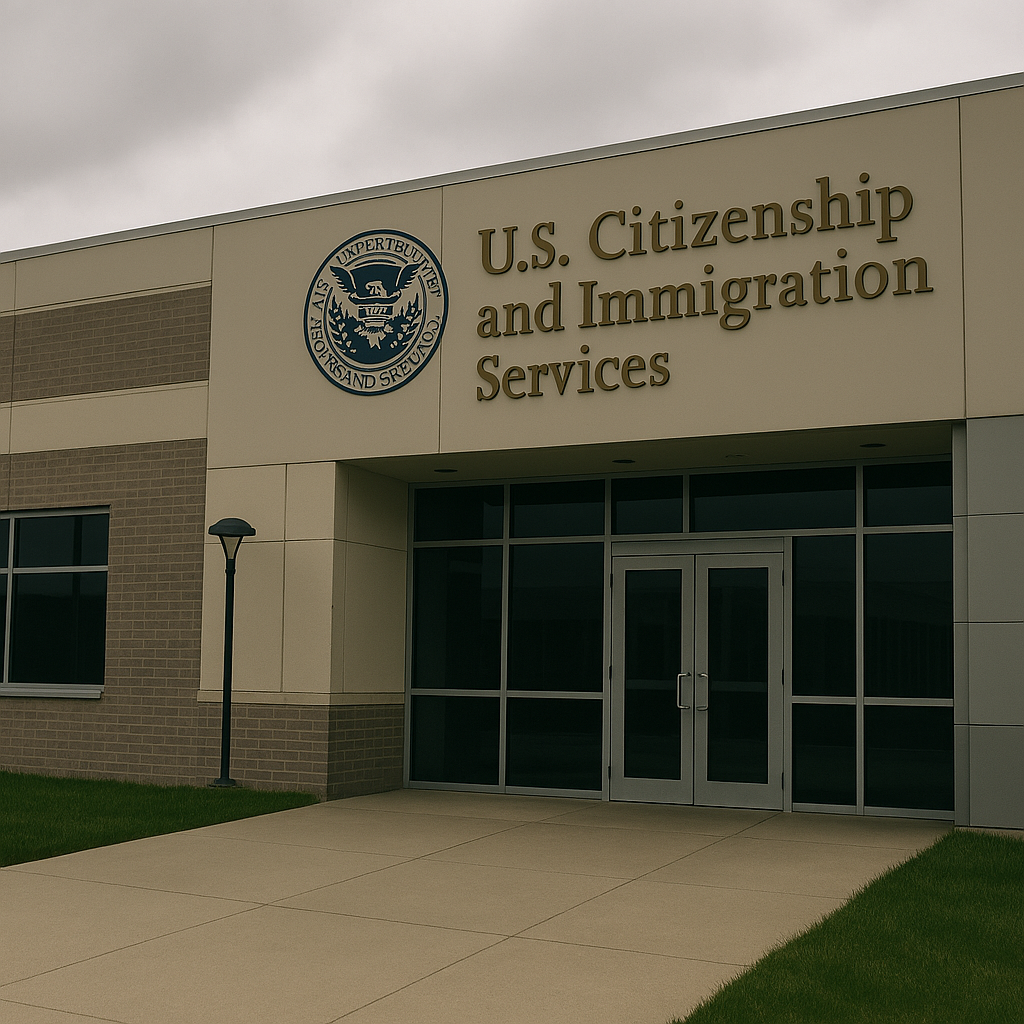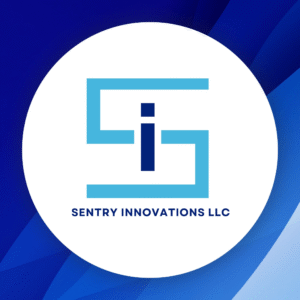Turning the Tide: A New Era in U.S. Immigration Law
How the One Big Beautiful Bill Act and USCIS Policy Memos Reshape the Landscape

In August 2025, USCIS released a sweeping policy memo restoring a holistic “good moral character” review for naturalization. Officers will now weigh positive factors—community involvement, caregiving, education, stable employment, length of lawful residence, and tax compliance—alongside the absence of criminal conduct.
At the same time, USCIS guidance expanded discretionary powers to examine applicants’ past affiliations with anti-American or extremist groups, antisemitic activities, and related social media content. This shift underscores a broader national security lens on all immigration benefits.
New family-based immigration rules also target fraud more aggressively. USCIS has introduced deeper background checks, data-driven fraud indicators, and faster denial pathways to safeguard marriage and kinship petitions from non-meritorious filings. Finally, clarifications to the Child Status Protection Act ensure consistent age-out calculations for beneficiaries under 21.

On July 4, 2025, Congress passed the One Big Beautiful Bill Act (OBBBA), directing $45 billion to ICE detention facilities and $46 billion to border wall construction through 2029. Flores settlement limits on child detention were repealed, new fees were imposed on humanitarian protection applicants, and access to benefits such as health insurance, food assistance, and child tax credits was curtailed for certain immigrants.
The Department of Homeland Security rolled out updated I-485 and I-130 forms this spring, tightening fraud scrutiny in marriage-based petitions. Temporary Protected Status for Hondurans and Nicaraguans will terminate in September 2025, exposing over 70,000 beneficiaries to removal unless alternative relief is found.
To address labor shortages, DHS boosted H-2B visa numbers for non-agricultural workers and instituted a lottery for cap-subject petitions, aiming to balance employer demand with program integrity.

These 2025 reforms mark a decisive pivot toward enforcement and vetting. From expanded detention budgets to ideological screenings and technical fixes in visa programs, practitioners must track federal litigation, upcoming bills like the Border Security and Integrity Act of 2025, and monthly updates to the USCIS processing times and Visa Bulletin.
For more information and tailored compliance support, contact Sentry Innovations LLC at info@sentryinnovationsllc.com or visit www.sentryinnovationsllc.com.

